Meet Jessica
Jessica Lisagor lives in Olympic Valley with her beloved husband John Morrison, the amazing Dakota + Kye Morrison, and their Red dog. She loves chasing them all around the mountains, except for Red because he is a herding dog. Jessica has spent time away from the mountains to study art and architecture, but can’t stay away for long. She is downhill motivated in the mountains, but alas probably better at the uphill. As she ages, she embraces different aspects of mountain sport including community, family, technical challenge, mindfulness, alignment, and aesthetics. She is currently healing an injury to her left knee, and finding more time and joy in reading.

Cycles by Amy J. Hammer
I felt timid about this book, and it sat on my nightstand unopened for weeks. A good nudge from a friend helped me drop in. The author Amy J Hammer addresses that resistance I noticed in myself in her book. Growing up without a book like this, and surrounded by negative advertising and cultural views, my own body and period shame grew.
In her book, Hammer provides the tools to examine the scientific, political, philosophical, and cultural forces behind our perception of periods. Looking at women’s cycles through these different lenses, she foments rebellion against the negative social media/pseudo science views of periods while offering soothing comfort through personal anecdotes and recipes. The way Hammer combines personal, academic, and professional insight is unique and generous.
The other reason I shied away from Cycles was my lack of enthusiasm for the self-help genre. Once past the cover, this book goes way beyond the self. Hammer intertwines self care with family, community, and planet care, opening up space for progressive action.
For example, Hammer discusses the way that menstrual shaming is related to body shame and sexuality. Referencing a 2005 study in the Journal of Sex Research, “The authors hypothesized that since girls often learn about menstruation and sex at the same time-at home and/or in health class-their attitudes about both are connected and affect sexual decision-making. They found the menstrual cycle shame is associated with sexual decision-making via body shame. Cis women who reported feeling more menstrual cycle shame were more likely to be less sexually active, but take more sexual risks, whereas those who reported more comfort with menstruation were also more comfortable inter bodies, more sexually assertive, and sexually experienced, but they took less sexual risks. Therefore, reducing menstrual shame has the capacity to improve overall body images and positively support sexual agency” (p. 193-194). Hammer points out that when we feel positive about our bodies, we are more likely to feel positive about other people’s bodies, no matter the gender.
Through the graphics and the structure of this book, Hammer weaves together monthly, yearly, lifelong, and multigenerational loops. It’s powerful and positive to see periods as part of a larger temporal framework, instead of just one part of a cycle or a life or a body. Not only am I grateful to have read this book, I feel that I can read it again and again.
How to Do Nothing by Jenny Odell
Something I love about architecture is the presence of absence. At first, we often focus on the surfaces and solids, but as we move through space it’s really about the atmosphere of empty spaces between them. In How to Do Nothing, the author Jenny Odell makes the case for creating “negative space” in our complicated, yet often unfulfilling digitally infused lives.
Odell quotes the French philosopher Gilles Deleuze on page 4:
“We’re riddled with pointless talk, insane quantities of words and images. Stupidity’s never blind or mute. So it’s not a problem of getting people to express themselves but of providing little gaps of solitude and silence in which they might eventually find something to say. Repressive forces don’t stop people expressing themselves but rather force them to express themselves; what a relief to have nothing to say, the right to say nothing, because only then is there a chance of framing the rare, and even rarer, thing that might be worth saying.”
This was written in 1985 but feels terribly relevant to today’s attention abusive app scape.
When faced with today’s 24/7 online economy, we are pressured to either be productive, improving ourselves, or documenting ourselves at all times. In How to Do Nothing, Jenny Odell reminds us to take a much needed pause (but not escape) in order to shift direction and make space and time for activism. This includes literal space, like finding an open space to gather, as well as headspace. Odell argues that our atomized app interactions don’t typically lead to effective community action without something more sensorial. Their disconnection from our senses and from spacial and temporal context also allows them to be manipulated by the algorithmic advertising logic of scrolling and clicks. This in turn corrals our attention. Instead of stopping to listen and experience, we are fed more and more of what we already like.
To most of us Instagram or Strava users, a pause can feel like missing out. Odell suggests that “we reimagine #FOMO as #NOMO, the necessity of missing out, and if that bothers you, #NOSMO, the necessity of sometimes missing out.” She reminds us that there is a cost to not missing out: that we lose our ability to “think, reflect, heal, and sustain ourselves - individually or collectively” (p. 22).
So, put down the sensory deprivation rectangle with rounded corners, check out a book, and remember to do Odell’s nothing - pause and engage your senses.
Thank you for your support
Between May 13th-June 10th, your purchase of one or more of these titles will directly support our nonprofit beneficiary, Clean Up the Lake! For the entirety of the event, Clean Up the Lake will receive 100% of book sale proceeds from our 21 community recommended titles.
For the 2024 Community Book Initiative, we have chosen the theme “stewardship." All of the books chosen emphasize taking care of our community through themes including self growth and purpose, improved environmental practices, economic growth and development, community support, and so much more.
Click on the link below to explore all 21 titles chosen by Tahoe and Truckee community members as reflections of the theme stewardship. Thank you for your support!
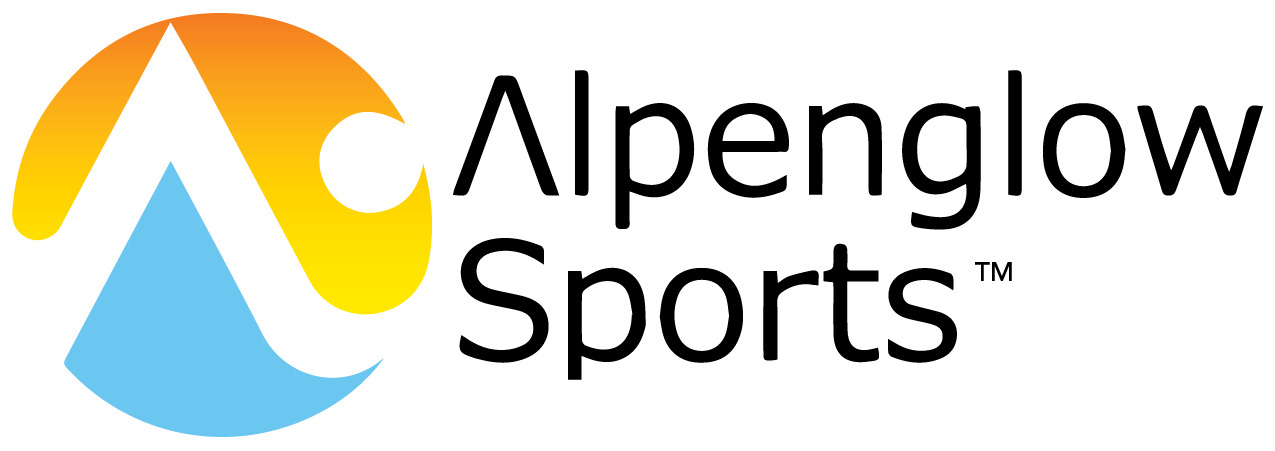


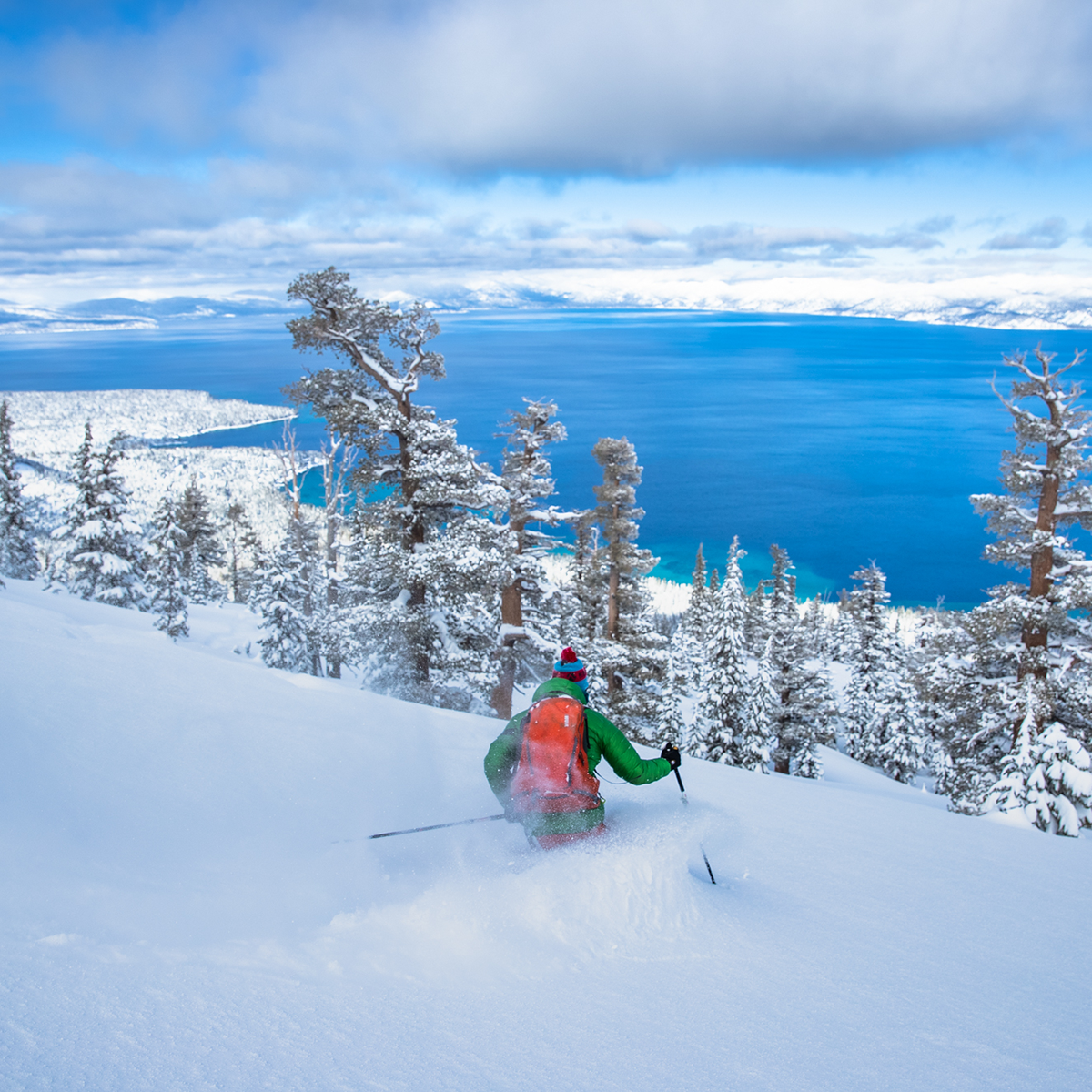
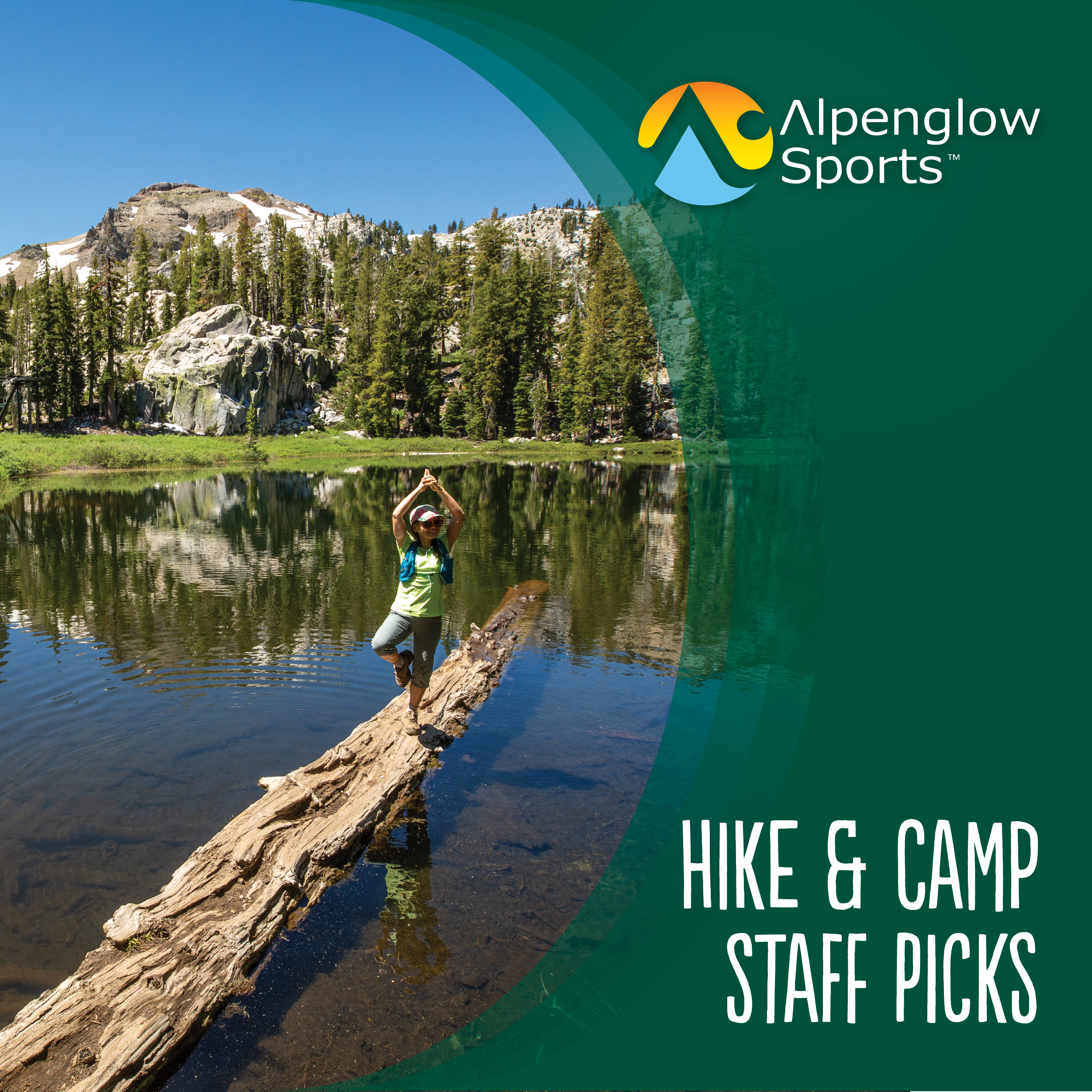
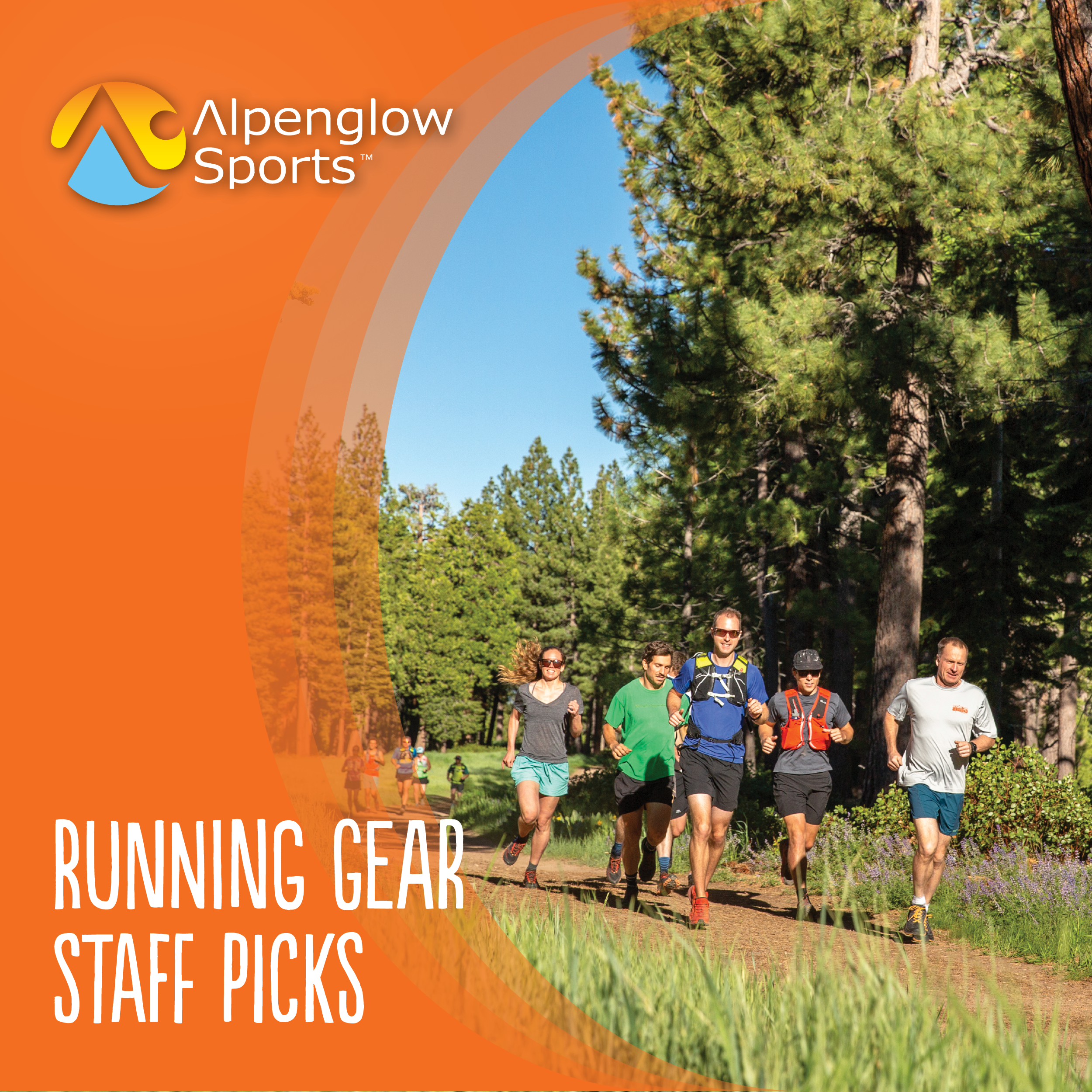
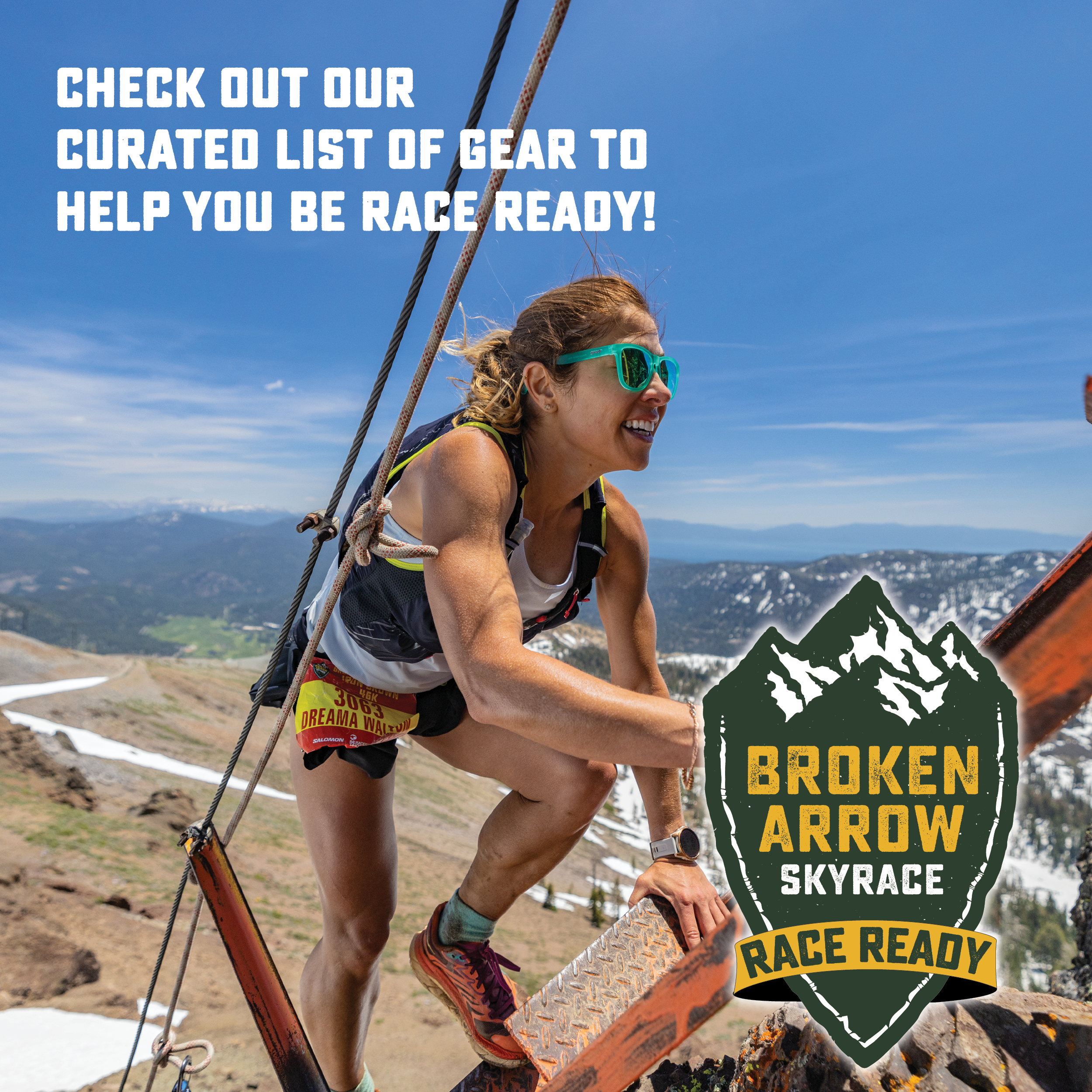
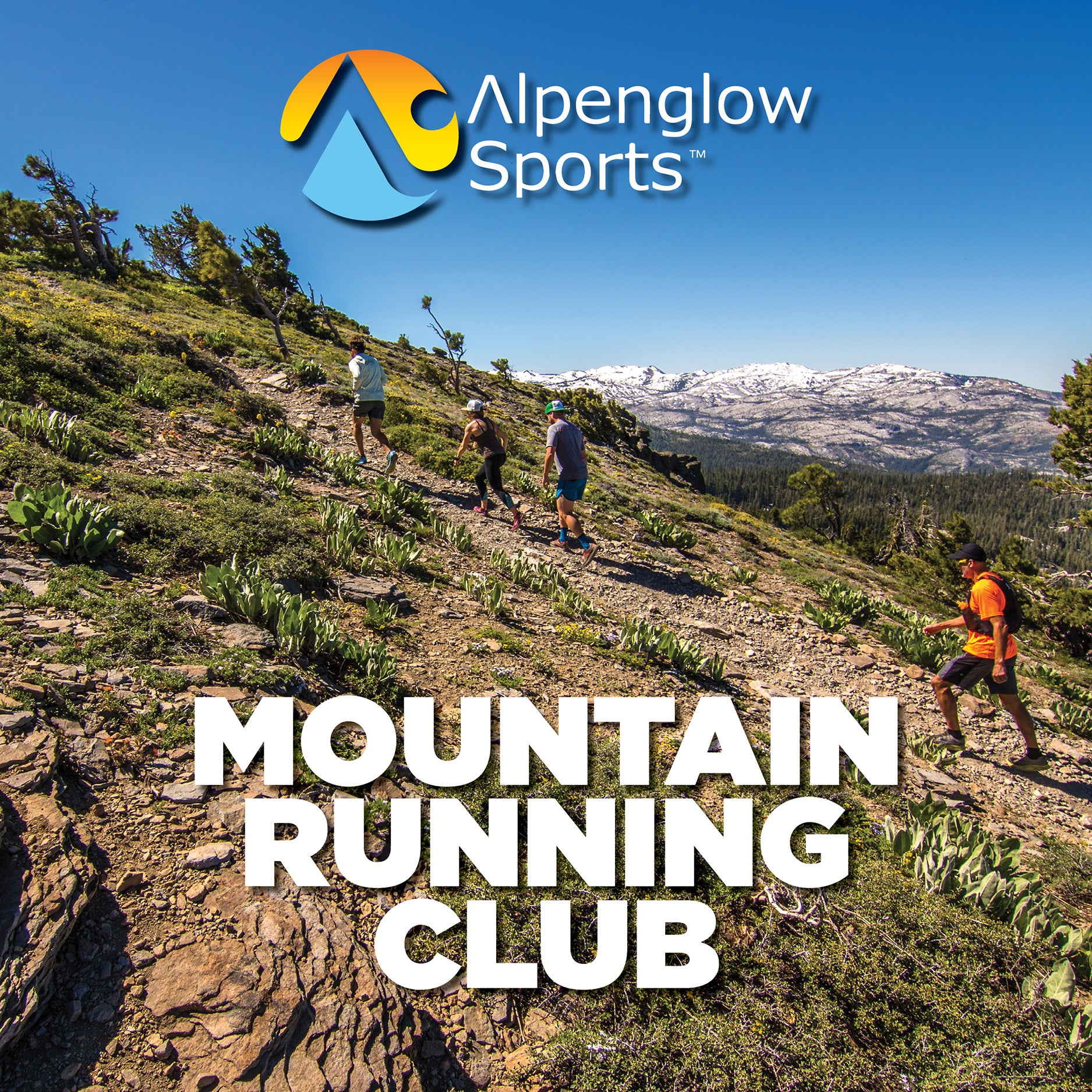
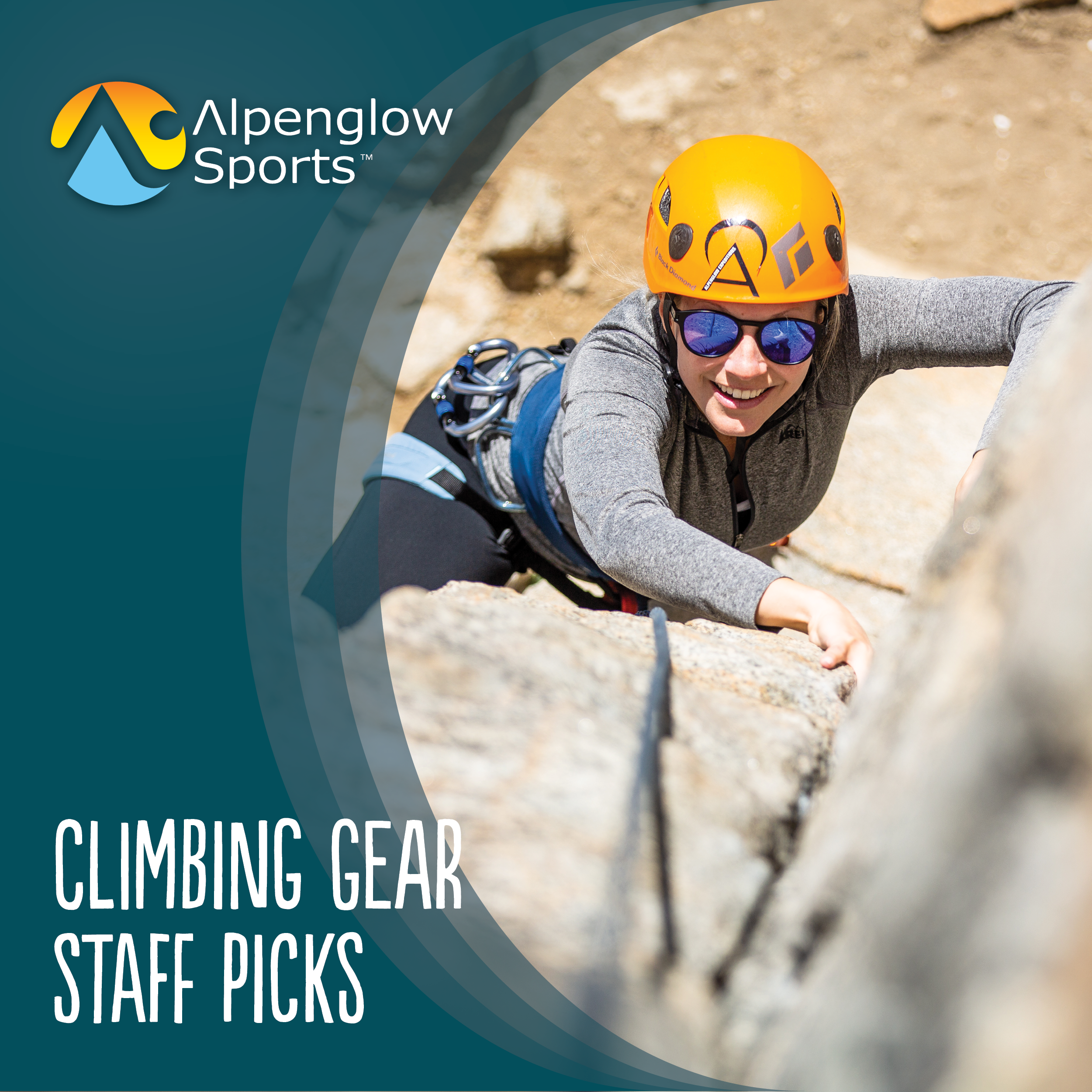
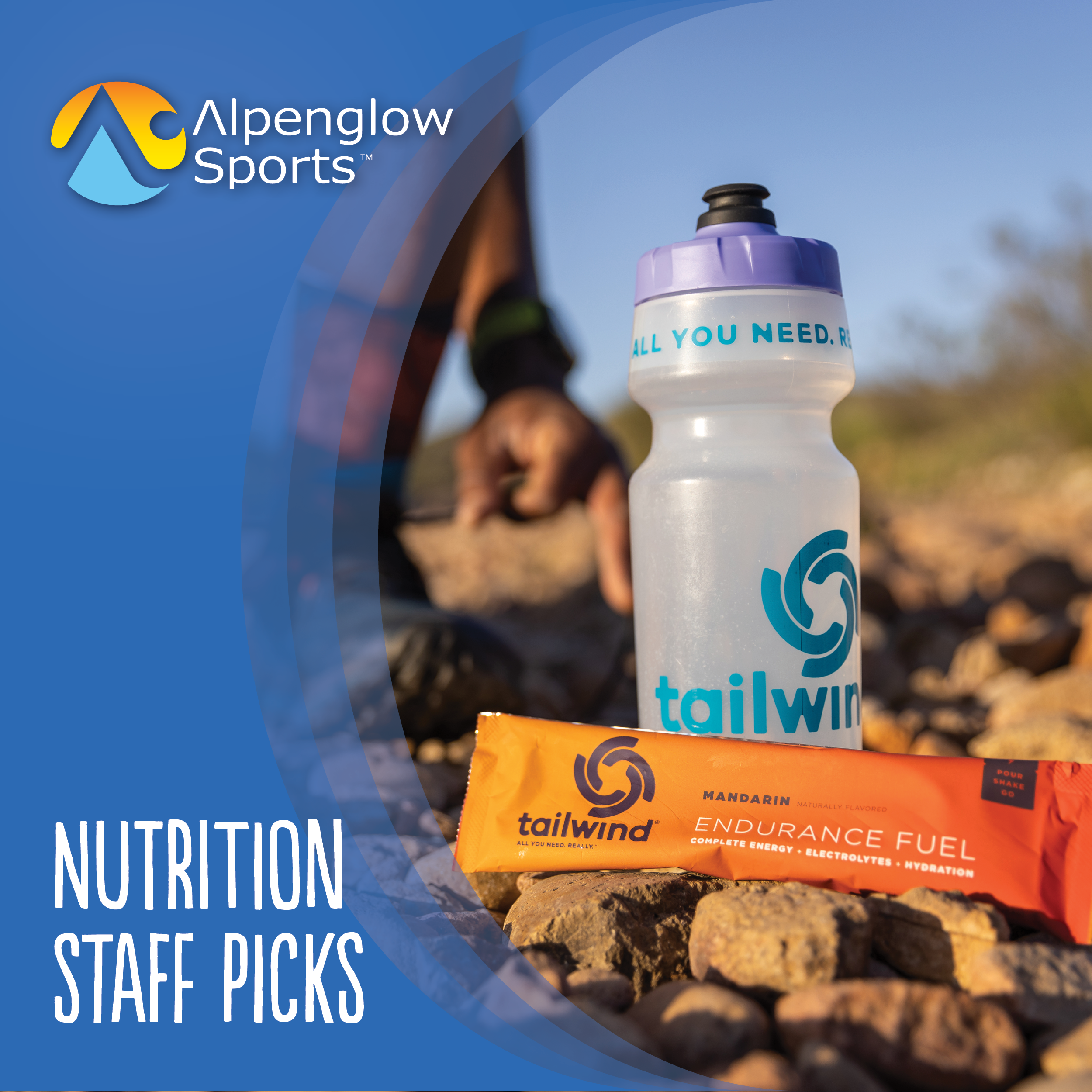
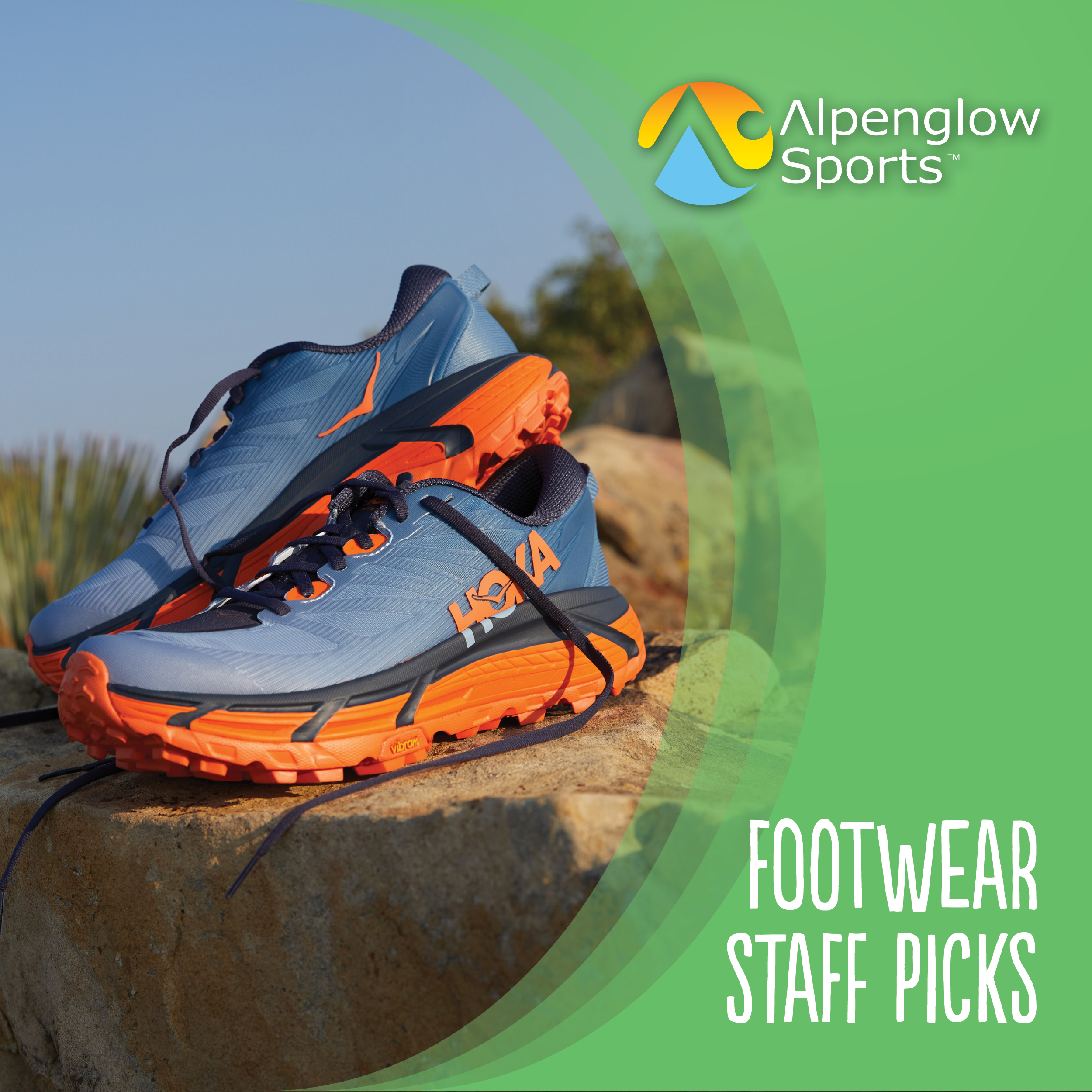
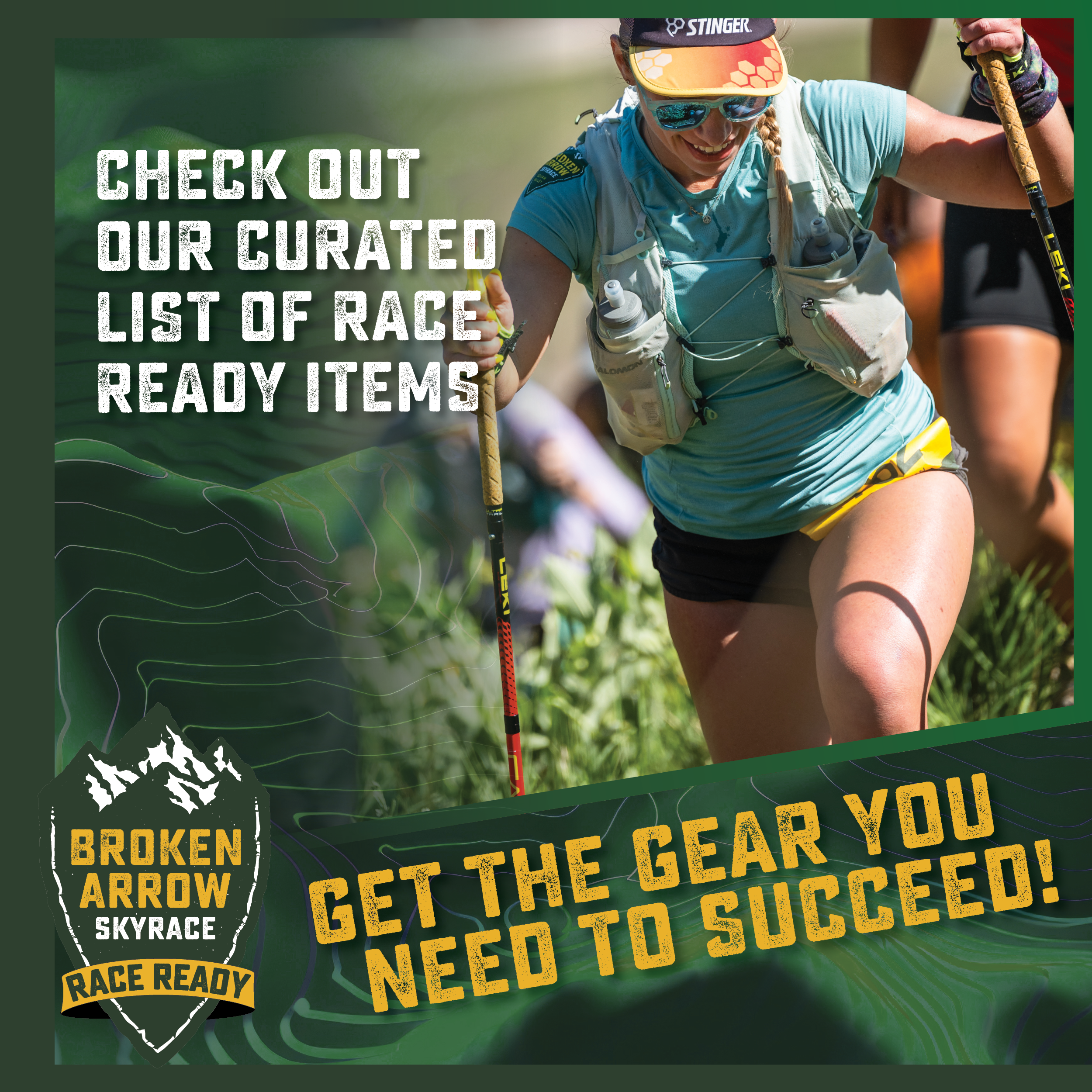
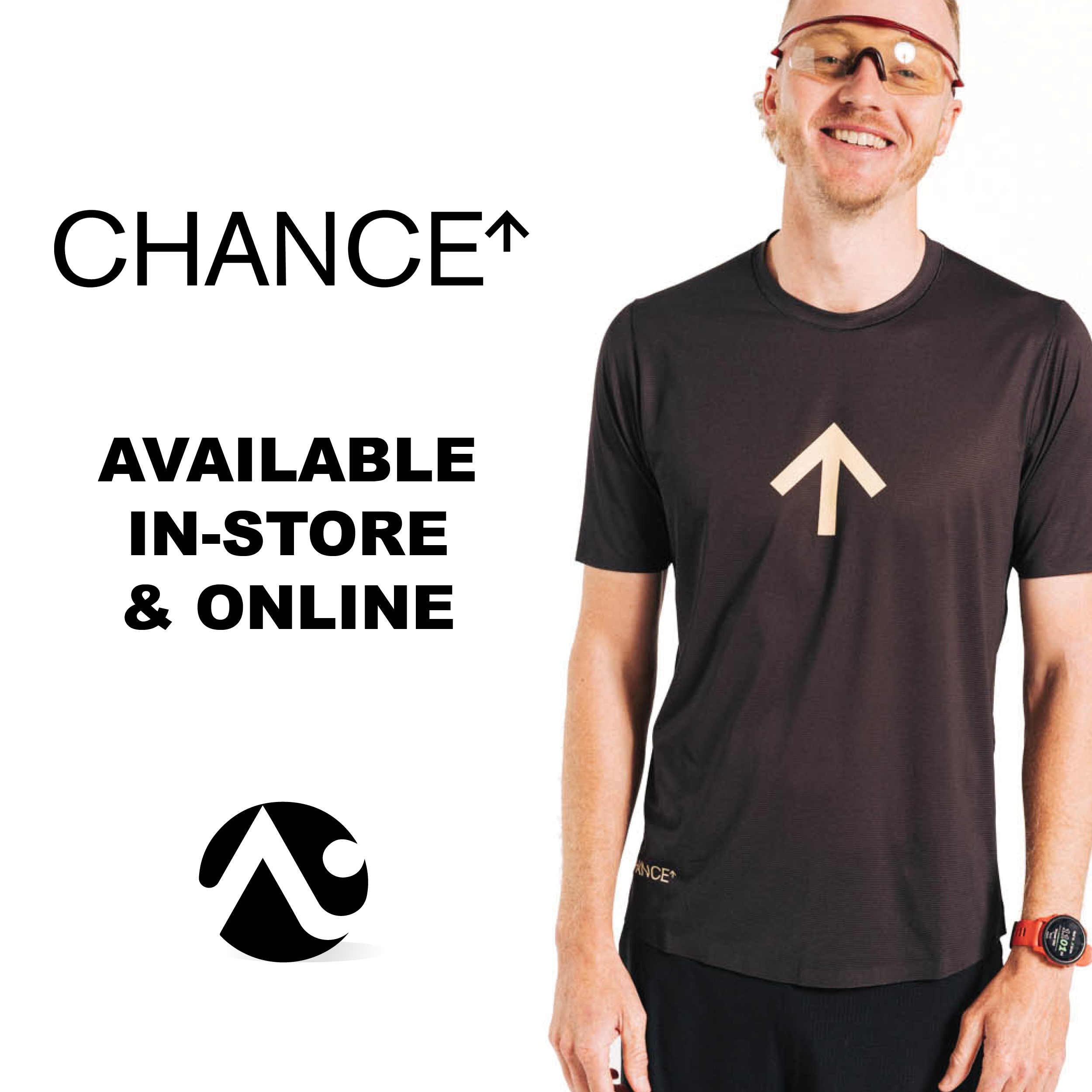

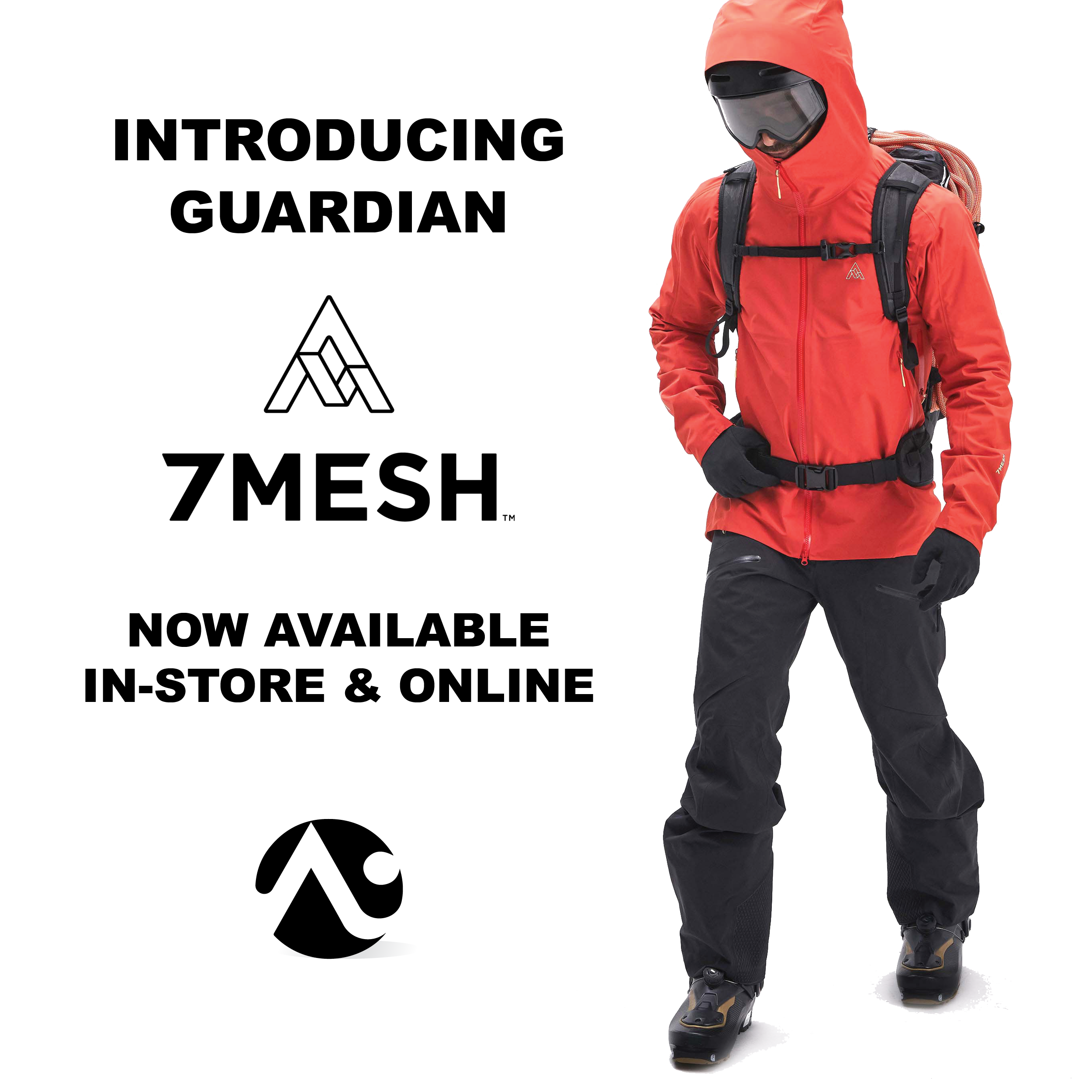
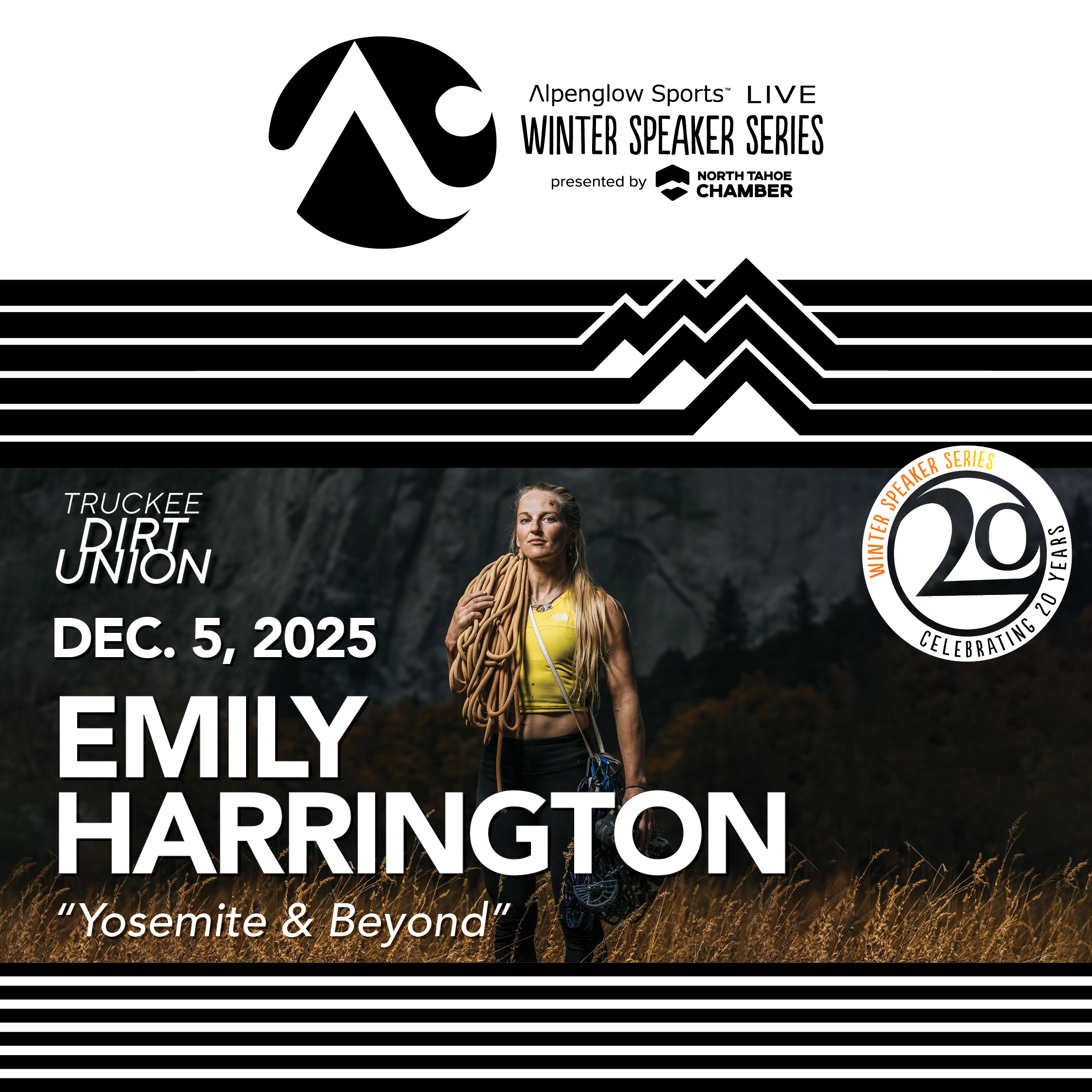
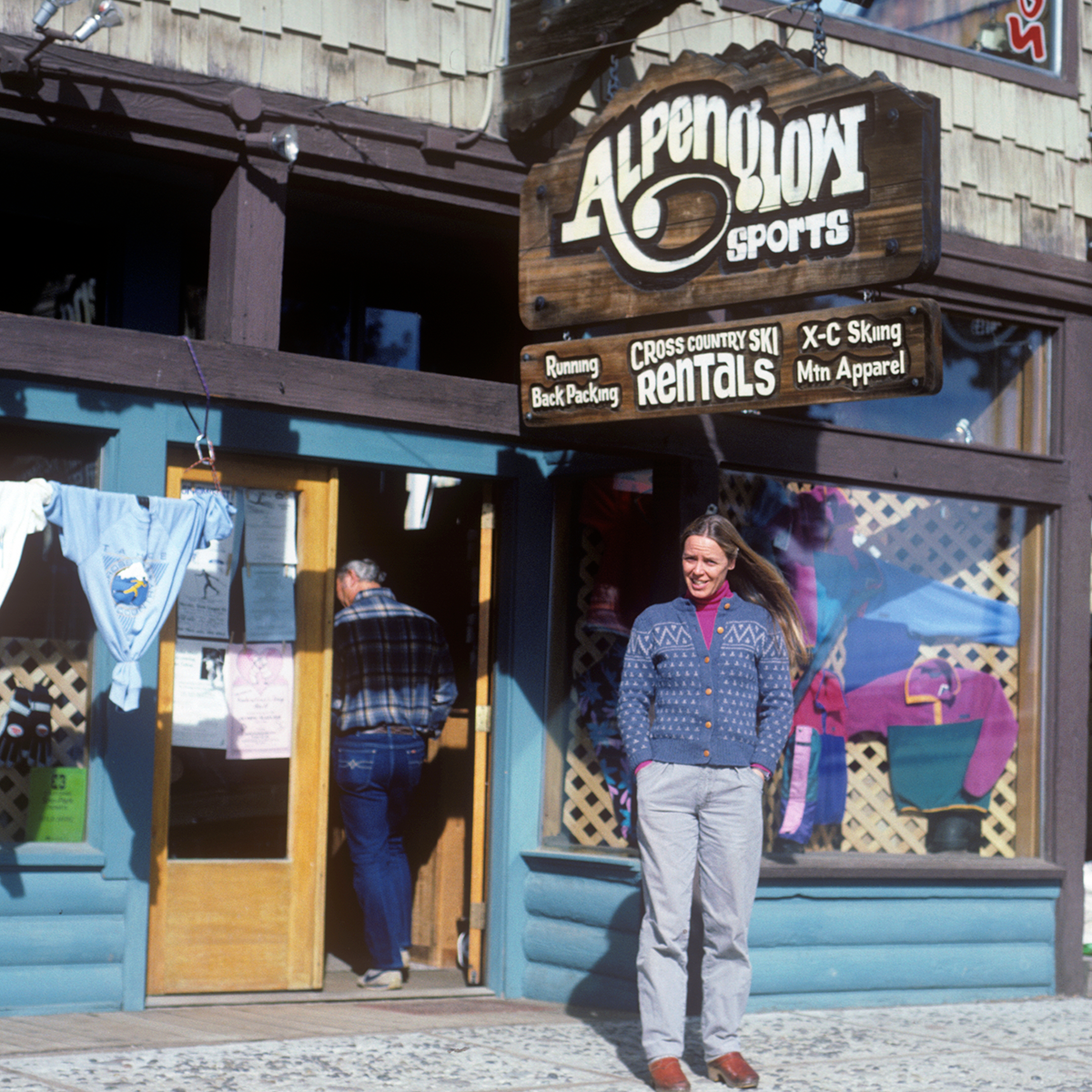
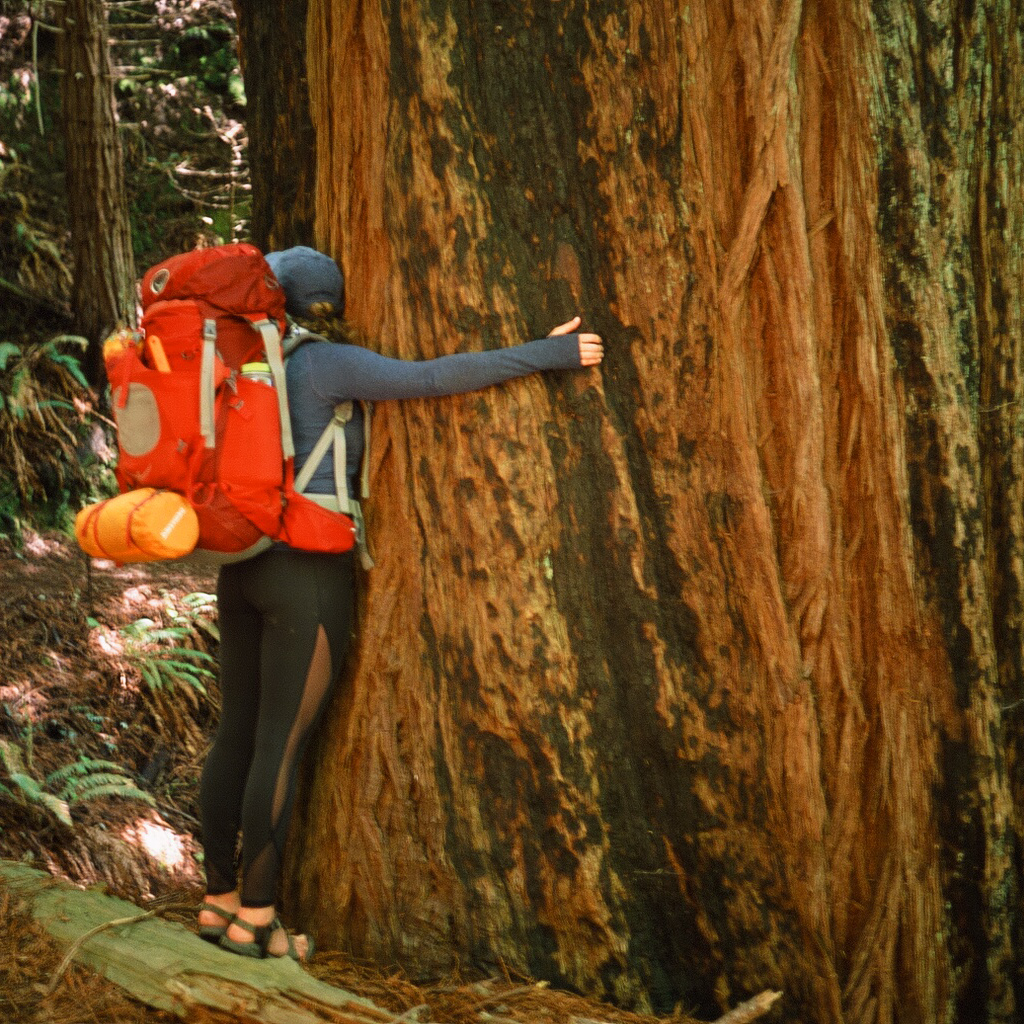
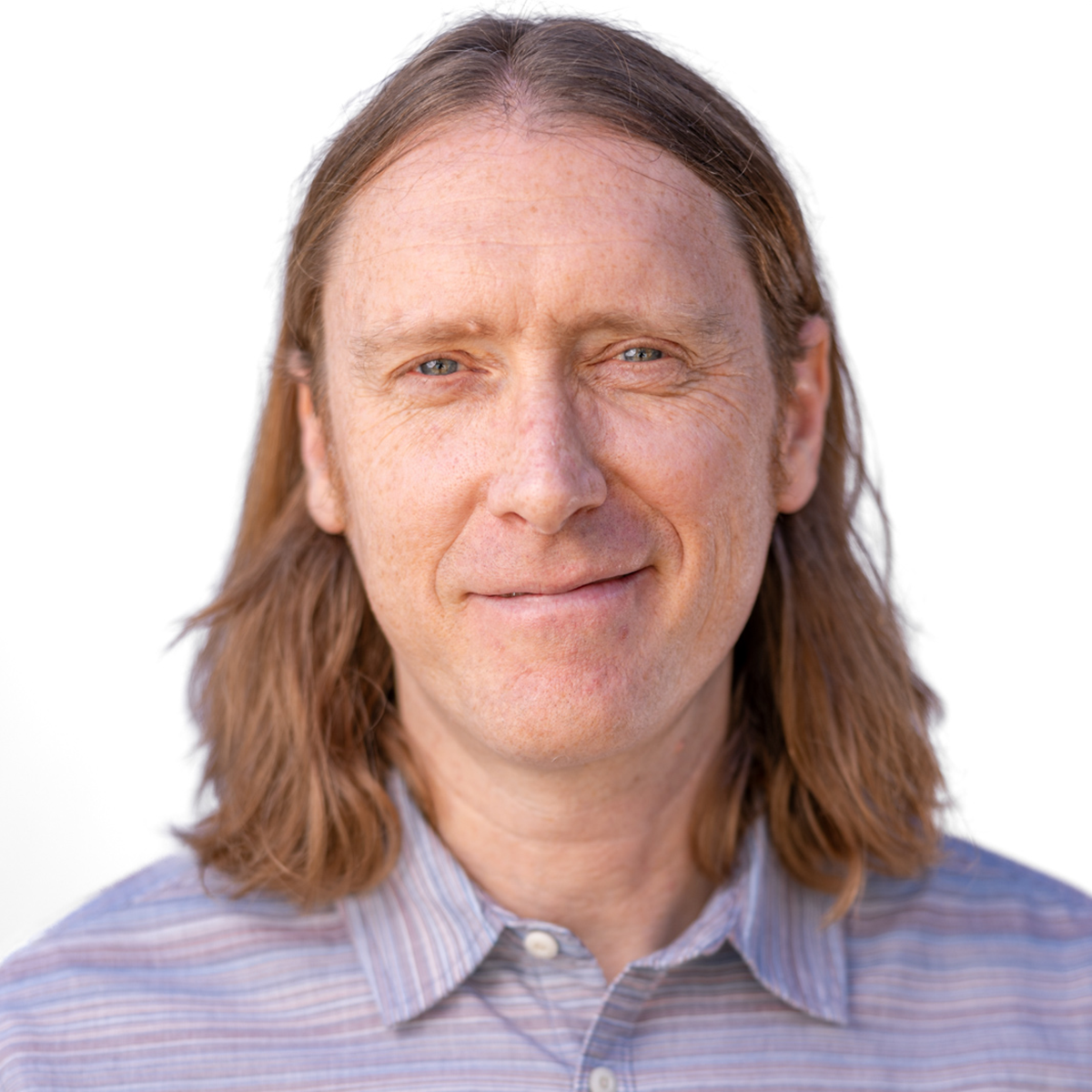


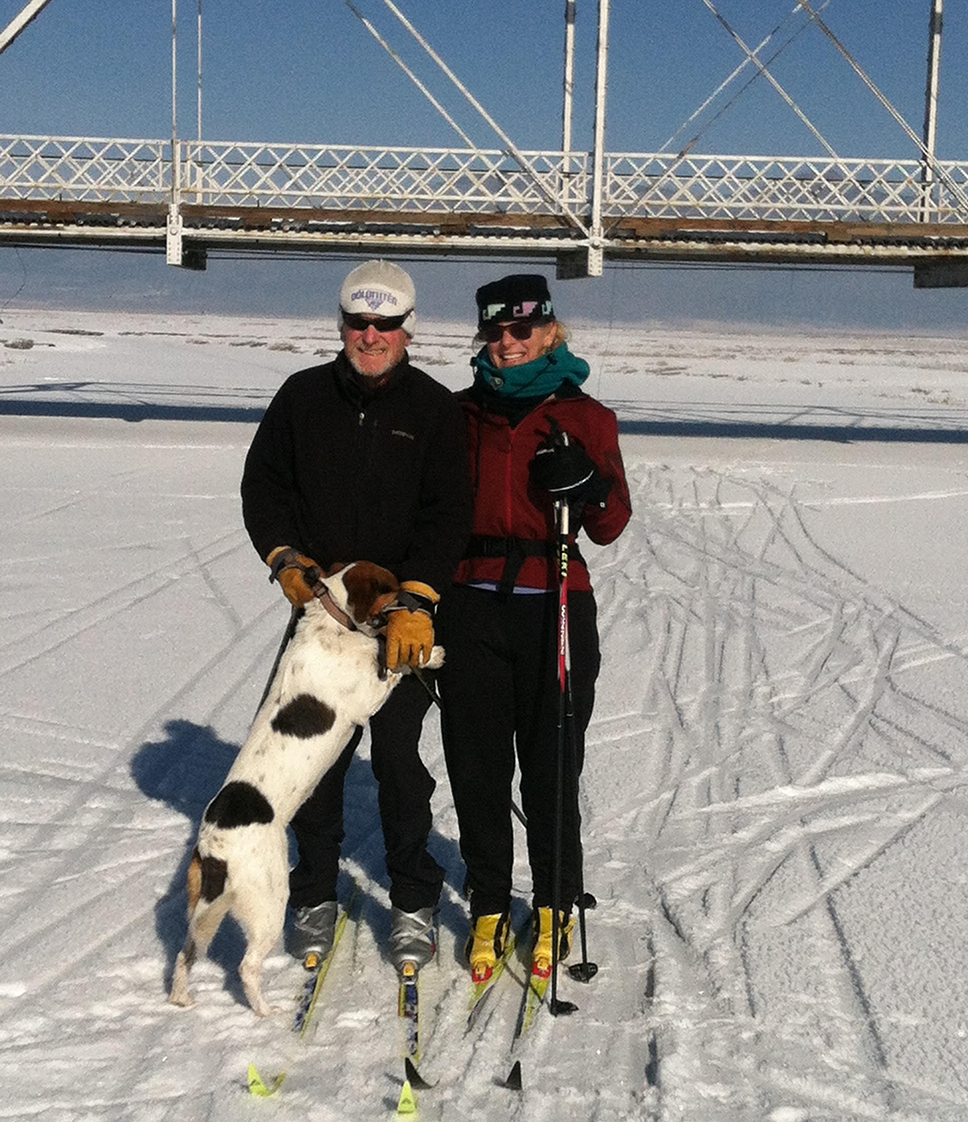
Leave a comment
This site is protected by hCaptcha and the hCaptcha Privacy Policy and Terms of Service apply.